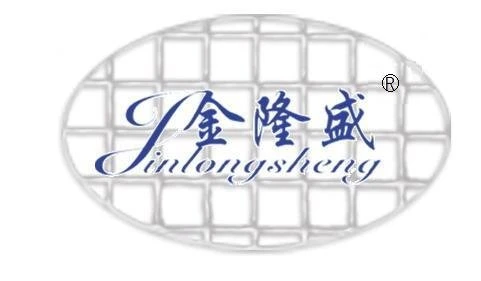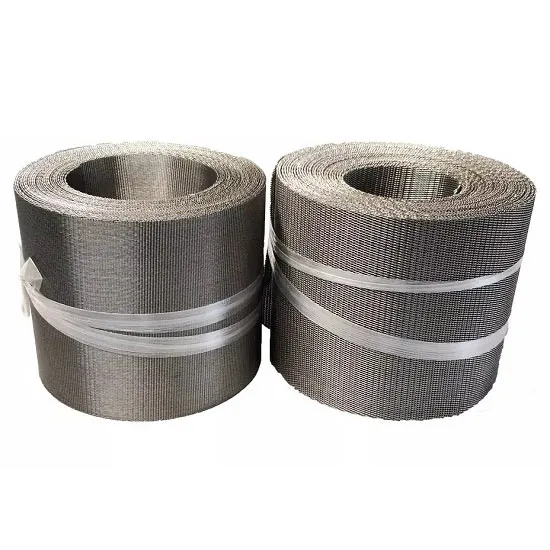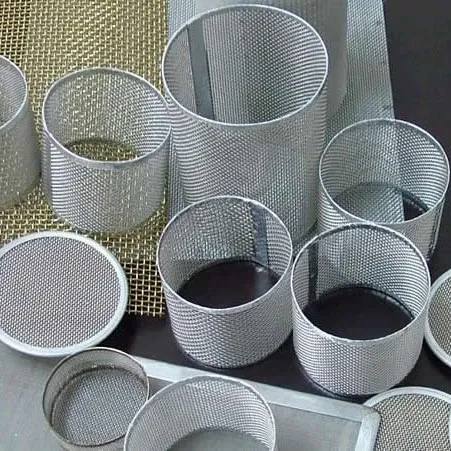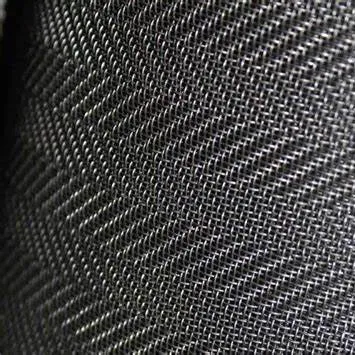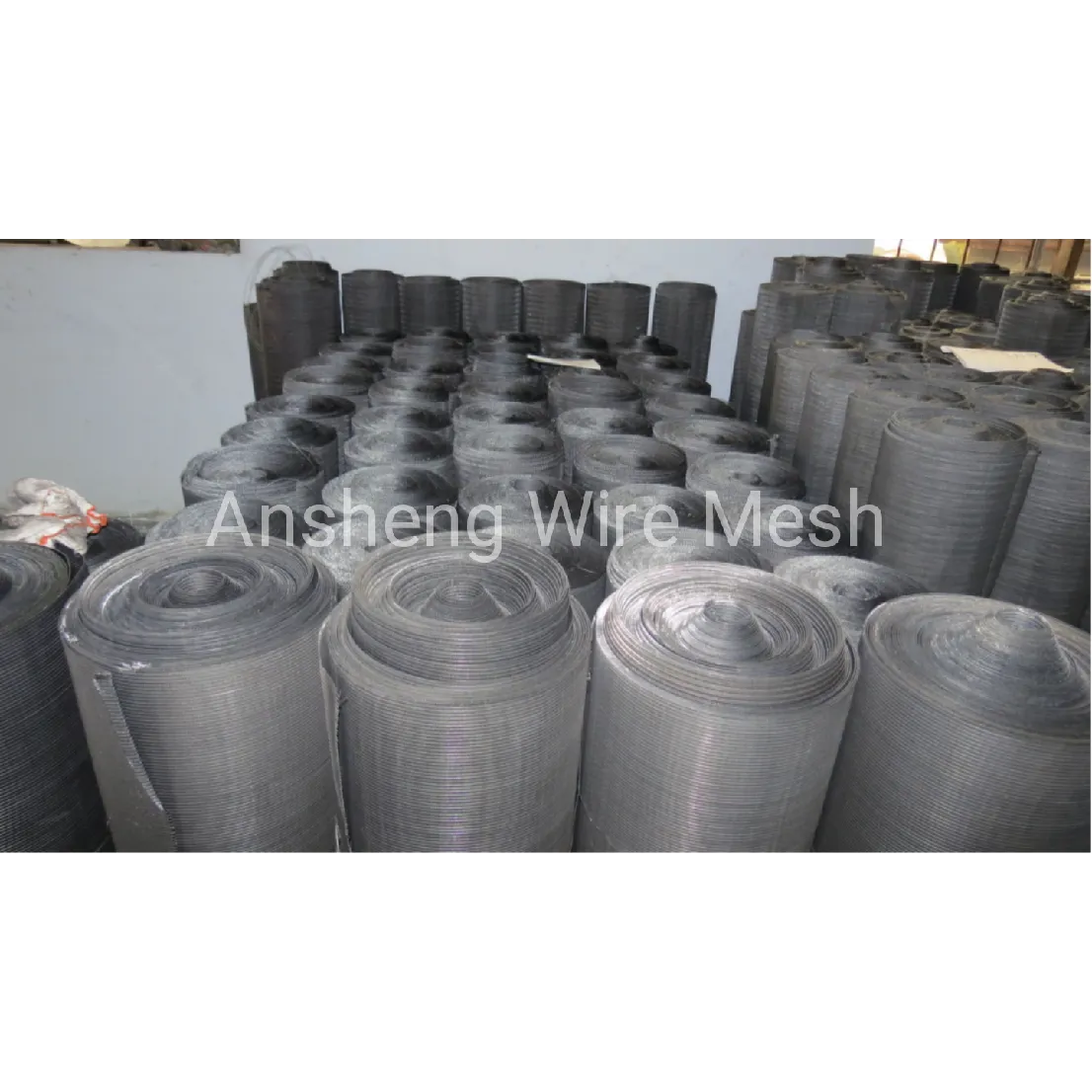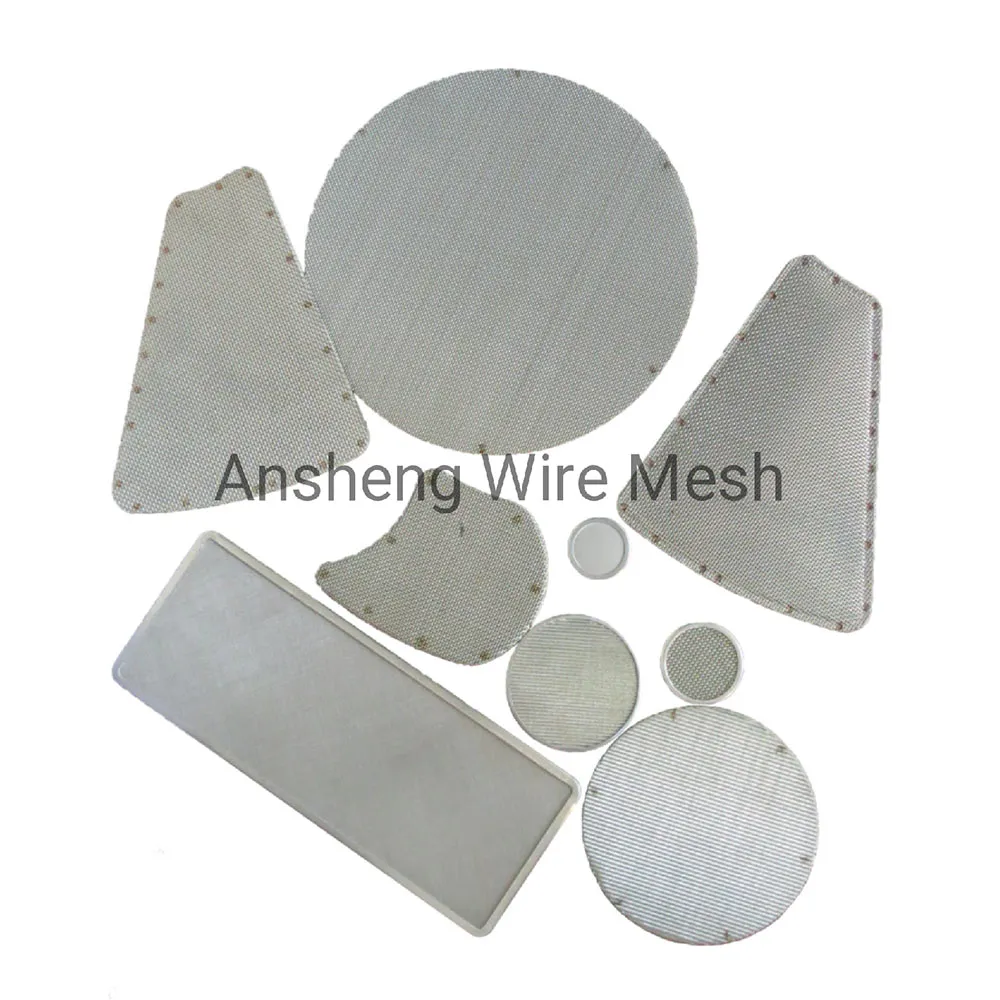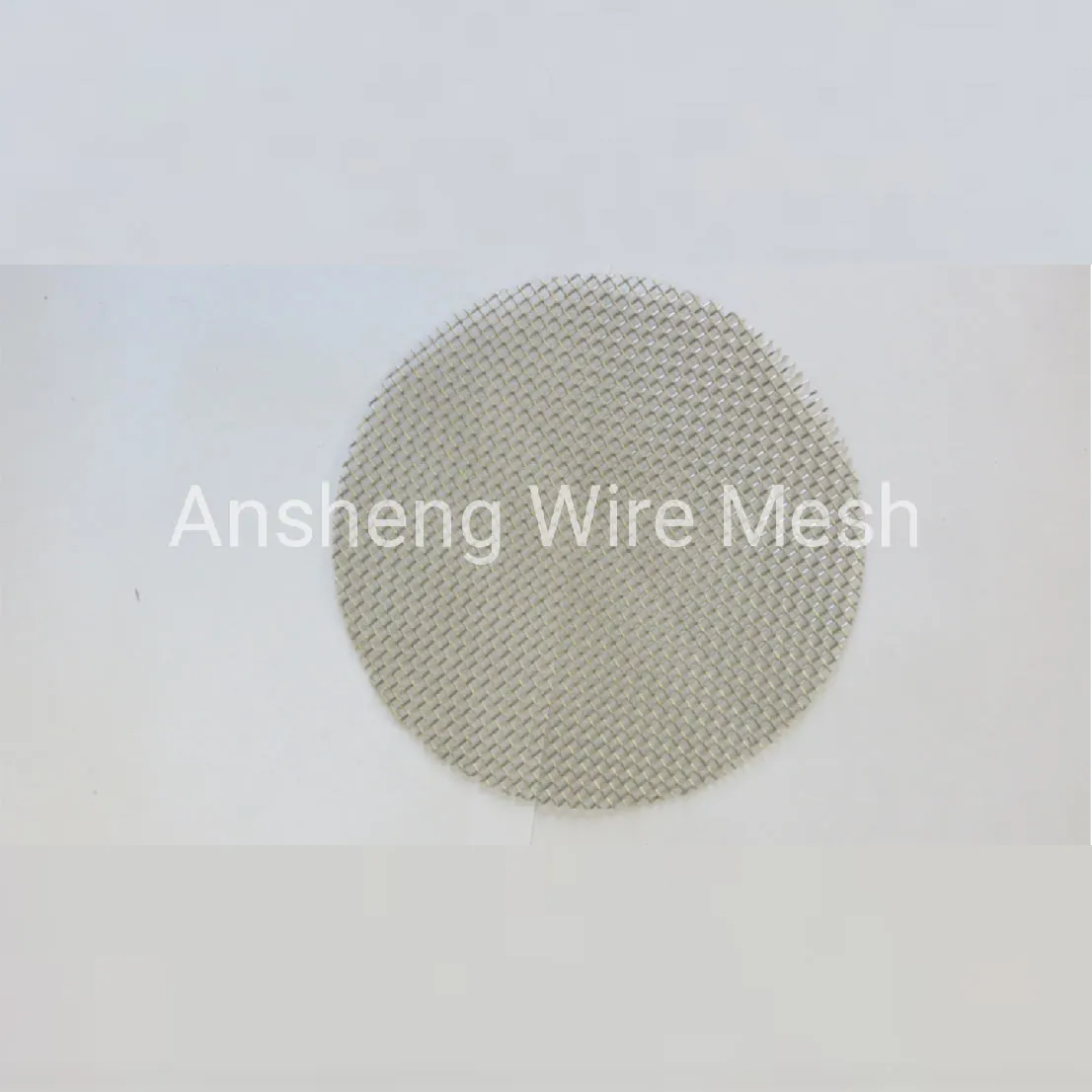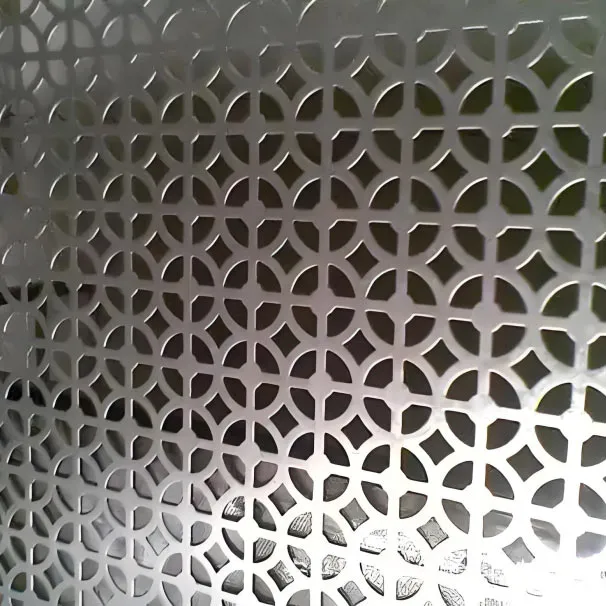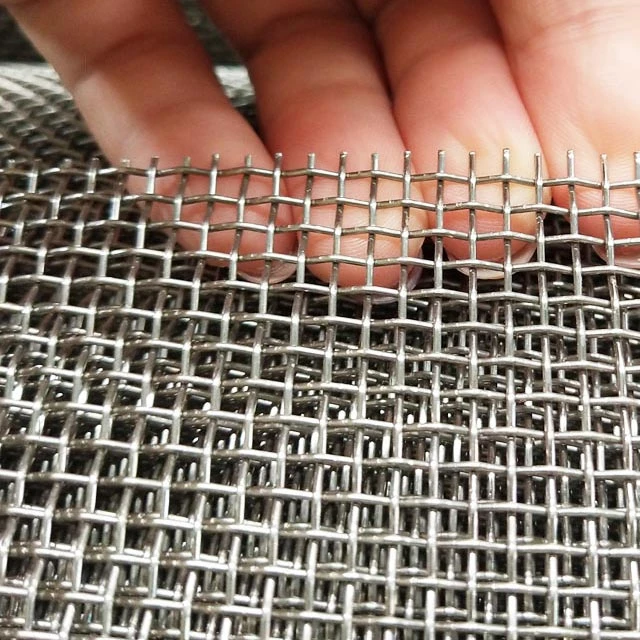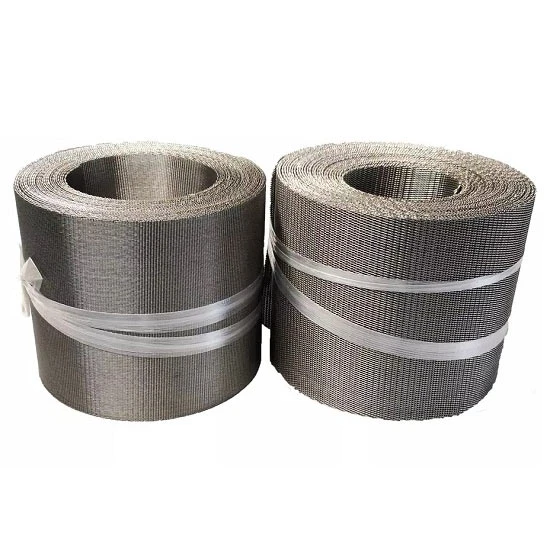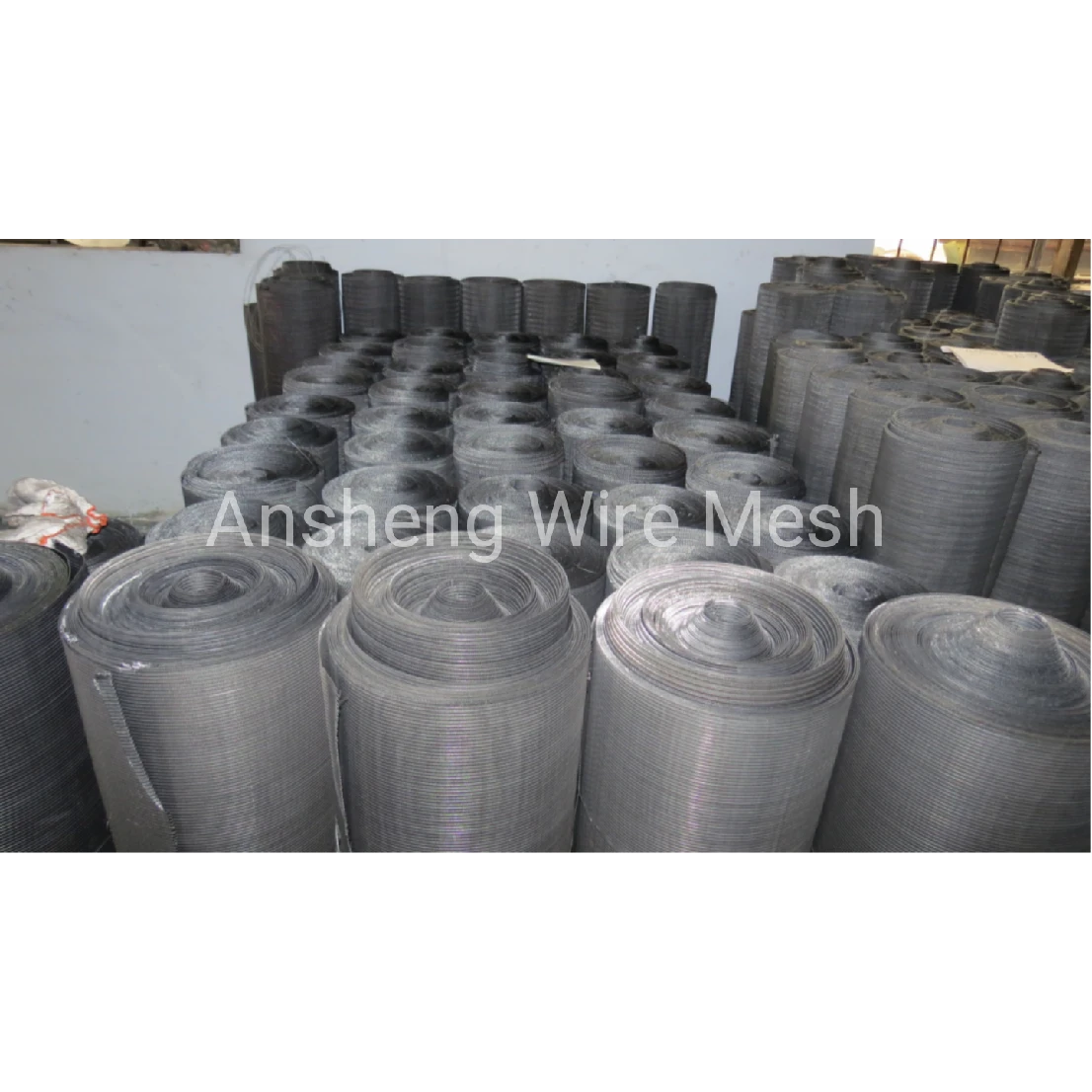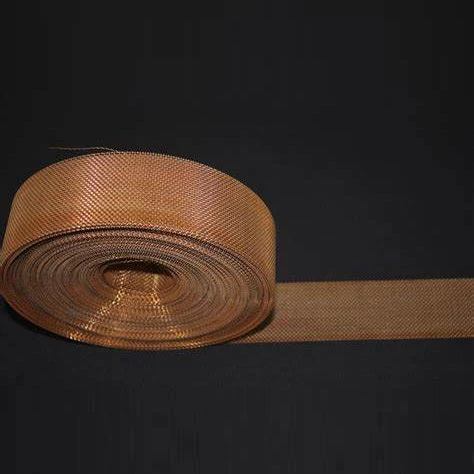Why 316 Stainless Steel Mesh Remains the Industry’s Go-To
Having worked in industrial equipment for years, I can tell you one thing: not all meshes are created equal. Among all the materials out there, 316 stainless steel mesh stands out for good reasons. It’s like that reliable old truck you keep going back to — solid, resilient, and surprisingly versatile. I remember one project where we needed a mesh screen that could survive offshore chemical exposure for months. The go-to was always 316 stainless steel.
What makes this stainless steel grade so special? Well, it’s largely down to its chemical makeup. Unlike its 304 cousin, 316 contains molybdenum, enhancing corrosion resistance significantly — especially against chlorine and acidic environments. This often translates to longer life, lower maintenance, and frankly, fewer headaches on site. That means in real terms less downtime and replacement costs, which every plant manager appreciates.
Key Specifications of 316 Stainless Steel Mesh
Let’s get a bit technical because, at the end of the day, specs matter. Whether you’re filtering powders or screening large debris, knowing the mesh’s weave type, tensile strength, and aperture size is critical. Here’s a quick look:
| Specification | Details |
|---|---|
| Material Grade | 316 Stainless Steel (Austenitic) |
| Weave Types | Plain Weave, Twill Weave, Dutch Weave |
| Mesh Sizes | From 1 mesh to 400 mesh (custom sizes available) |
| Wire Diameter | 0.025 mm to 1 mm |
| Tensile Strength | ~520 MPa |
| Corrosion Resistance | Excellent in marine & chemical environments |
| Thickness Range | 0.05 mm to 3 mm |
Navigating Vendor Options for 316 Stainless Steel Mesh
If you’re like me, quality and reliability top the list, but cost and lead time can’t be ignored either. I took a quick look at three popular vendors to get a rough feel for how they stack up. Spoiler: costs vary more than you’d think, especially on custom orders.
| Vendor | Lead Time | Price Range (per m²) | Custom Options | Quality Assurance |
|---|---|---|---|---|
| Ansheng Filter Screen | 7-10 days | $$ - Mid range | Full customization, standard & advanced meshes | ISO Certified, batch tested |
| GlobalMesh Co. | 14-21 days | $$$ - Premium | Limited customization | Third-party tested |
| SteelNet Solutions | 5-7 days | $ - Budget | Standard sizes only | Basic quality checks |
Honestly, I’ve always leaned toward suppliers like Ansheng Filter Screen. Not only do they cover all the bases — from customization to certification — but they also respond fast, and that’s key when your project schedule is tight.
A Small Story From the Field
Funny enough, one customer I helped last year switched to 316 stainless steel mesh after repeated issues with saltwater corrosion. They couldn’t believe how much longer the mesh lasted before needing replacement — almost doubled the lifespan. It may sound like a no-brainer, but sometimes the upfront cost scares folks off. I've learned it’s the balance that counts: upfront investment versus lifecycle value.
In a nutshell, 316 stainless steel mesh is more than just a product; it’s a dependable partner in demanding industrial environments. Whether you’re into filtration, separation, or screening, its resilience makes it a smart choice. The market offers plenty of options, but a keen eye on quality and supplier responsiveness goes a long way.
So next time you’re specifying mesh, give 316 stainless steel a good look — it might just save your skin down the line.
References & Takeaway
- Industry survey on corrosion resistance, 2022
- Field test reports from offshore chemical plants, 2023
- Personal case experience helping clients with filtration upgrades
Post time: Nov . 11, 2025 23:30
